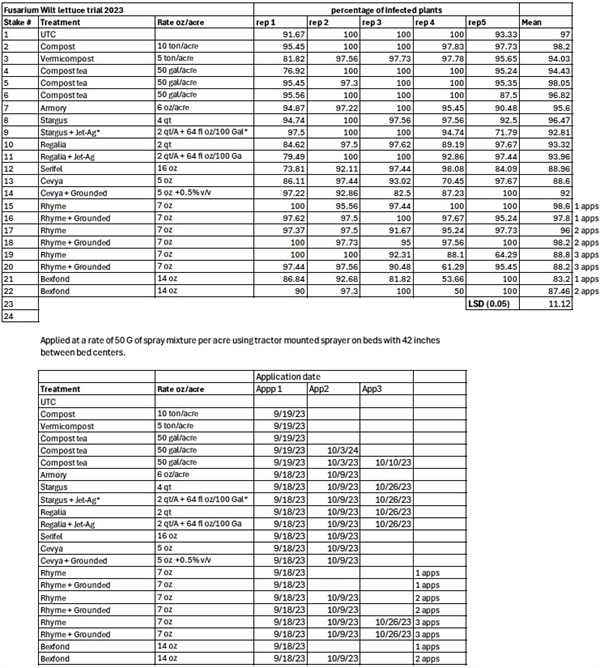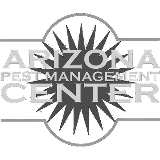-
Jul 9, 2014Invasive Species Workshop 2014We will be holding an Invasive Species Workshop at the Yuma Ag Center on July 24 beginning at noon with a yummy lunch, and followed up with speakers from the University of Florida and Georgia who will inform us on a couple of potential invasive insect pests that we should be on the lookout for. It should be very informative meeting. Invasive species are nothing new to the Yuma vegetable industry. In fact, in the past 30 years a number of exotic insect pests have become established in Yuma beginning with the american serpentine leafminer, Liriomyza trifolii . As some may recall, damaging levels of this pest were first found infesting lettuce in 1987. A section 18 was obtained two years later for Agri-Mek and the problem soon subsided. That was followed by the sweet potato whitefly, Bemisia tabaci-biotype B in 1991-1992. Of course, the Section 18 registration of Admire, and subsequent registrations of a variety of new chemistries (IGRs) resulted in area-wide suppression of whitefly populations and since have allowed the industry to effectively manage the pest. Then a few years later (1999) the lettuce aphid showed up in the Yuma Valley, a transplant from Europe, where it had first been found in Salinas the previous year. Along with it came the foxglove aphid which was not previously thought to occur in Arizona. Both aphid species are found sporadically infesting lettuce throughout the area every season. With the registration of Movento (2008) growers can now effectively manage these aphids in leafy vegetables. Finally in the past few years we’ve had two important invasive species invade the desert. The first was a whitefly-transmitted virus, cucurbit yellow stunting disorder virus (CYSDV), on melon crops in 2006, and more recently, the bagrada bug on cole crops in 2010. Both crept into the desert unexpectedly and are causing economic losses to our local vegetable industry. Hopefully, as we continue to learn more about these 2 important pests, cost-effective management programs will be developed. So, I encourage you to attend theInvasive Species Workshop on the 24th and learn about a couple of potential invaders.
 To contact John Palumbo go to: jpalumbo@ag.Arizona.edu
To contact John Palumbo go to: jpalumbo@ag.Arizona.edu








